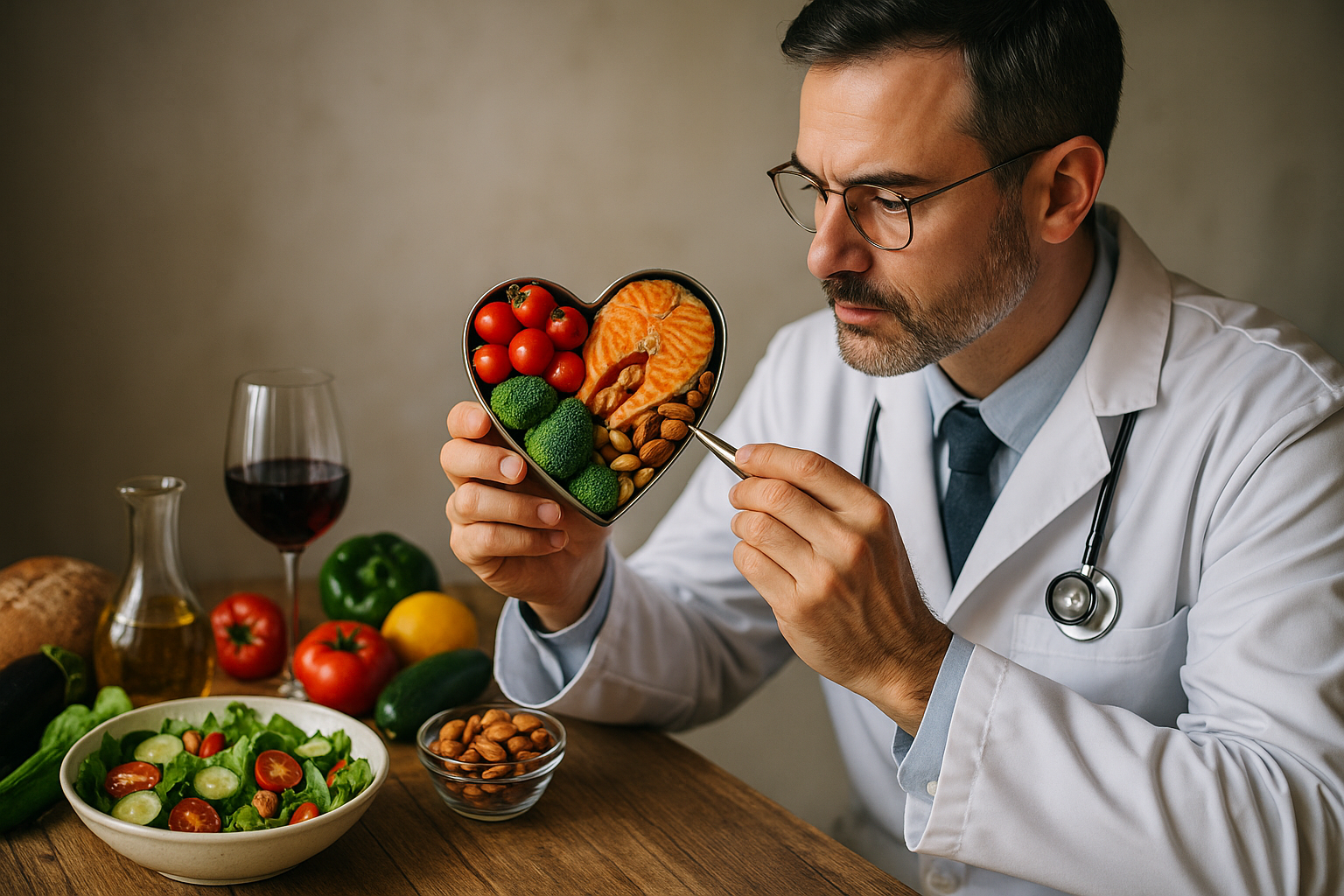Late-Night Fat-Burning Foods You Can Add to Your Diet
Some foods may support metabolism even while you rest. Explore ingredients commonly added to nighttime routines that could help promote better digestion, satiety, and fat use during sleep. Learn how smart evening choices might support your health goals.

What are the top 10 foods that may support fat metabolism at night?
-
Greek Yogurt: Rich in protein and probiotics, Greek yogurt can help keep you feeling full and support digestive health.
-
Cottage Cheese: Another protein-packed option that’s low in calories and contains slow-digesting casein protein.
-
Turkey: Contains tryptophan, which may help promote better sleep, and lean protein to support muscle maintenance.
-
Almonds: Provide healthy fats, protein, and fiber, which can help curb hunger and potentially support metabolism.
-
Cherry Tomatoes: Low in calories and high in lycopene, which may have metabolism-boosting properties.
-
Cucumber Slices: Hydrating and low in calories, cucumbers can help satisfy late-night cravings without excess calories.
-
Green Tea: Contains catechins and caffeine, which may support fat oxidation, though it’s best consumed earlier in the evening due to its caffeine content.
-
Cinnamon: May help regulate blood sugar levels and potentially boost metabolism when sprinkled on other healthy snacks.
-
Apple Slices with Peanut Butter: Combines fiber, protein, and healthy fats for a satisfying snack that may help stabilize blood sugar.
-
Hard-Boiled Eggs: Protein-rich and nutrient-dense, eggs can help you feel full and potentially support overnight muscle repair.
What should you eat before bed to feel full and support digestion?
Choosing the right foods before bed can help you feel satisfied without disrupting your sleep or digestion. Opt for small portions of nutrient-dense foods that are easy to digest:
-
A small serving of Greek yogurt with berries
-
A handful of nuts or seeds
-
A piece of whole-grain toast with avocado
-
A small portion of lean protein like turkey or chicken
-
A warm cup of chamomile tea
These options provide a balance of protein, healthy fats, and complex carbohydrates, which can help you feel full without overloading your digestive system. The key is to keep portions small and avoid heavy, greasy, or overly spicy foods that might disrupt sleep or cause discomfort.
How might certain snacks support overnight calorie use?
While sleep is primarily a time for rest and recovery, your body continues to burn calories to maintain essential functions. Some foods may potentially support this process:
-
Protein-rich snacks: May help maintain muscle mass and support the body’s overnight repair processes.
-
Fiber-rich foods: Can help stabilize blood sugar levels and promote a feeling of fullness.
-
Foods with a low glycemic index: May help prevent blood sugar spikes that could interfere with sleep quality and metabolism.
-
Calcium-rich foods: Some studies suggest calcium may play a role in fat metabolism, though more research is needed.
-
Foods containing tryptophan: May support better sleep quality, which is crucial for overall metabolic health.
It’s important to note that while these foods may offer potential benefits, the overall impact on overnight calorie use is likely to be modest. A balanced diet and regular exercise remain the most effective strategies for managing weight and metabolism.
What late-night eating tips do many follow for weight control?
Many people incorporate specific strategies into their evening routines to support weight management:
-
Timing: Aim to finish eating at least 2-3 hours before bedtime to allow for digestion.
-
Portion control: Keep late-night snacks small, around 150-200 calories.
-
Choose nutrient-dense options: Opt for foods that offer nutritional benefits rather than empty calories.
-
Avoid sugary and high-fat foods: These can disrupt sleep and potentially lead to weight gain.
-
Stay hydrated: Sometimes thirst can be mistaken for hunger, so drink water throughout the evening.
-
Practice mindful eating: Pay attention to hunger cues and eat slowly to avoid overconsumption.
-
Plan ahead: Prepare healthy snacks in advance to avoid impulsive, less healthy choices.
-
Brush teeth after eating: This can signal the end of eating for the day and reduce the temptation to snack further.
-
Combine protein and complex carbohydrates: This combination can help stabilize blood sugar and promote satiety.
-
Listen to your body: If you’re genuinely hungry, it’s better to have a small, healthy snack than to go to bed feeling overly hungry.
While these tips are commonly followed, it’s important to remember that individual needs vary. What works for one person may not be ideal for another, and it’s always best to consult with a healthcare professional or registered dietitian for personalized advice.
In conclusion, while no food can magically burn fat while you sleep, certain nutrient-rich options may support better digestion, satiety, and overall metabolic health when consumed as part of a balanced diet. The key is to focus on whole, nutritious foods, practice portion control, and maintain consistent, healthy eating habits throughout the day, not just at night.
This article is for informational purposes only and should not be considered medical advice. Please consult a qualified healthcare professional for personalized guidance and treatment.




